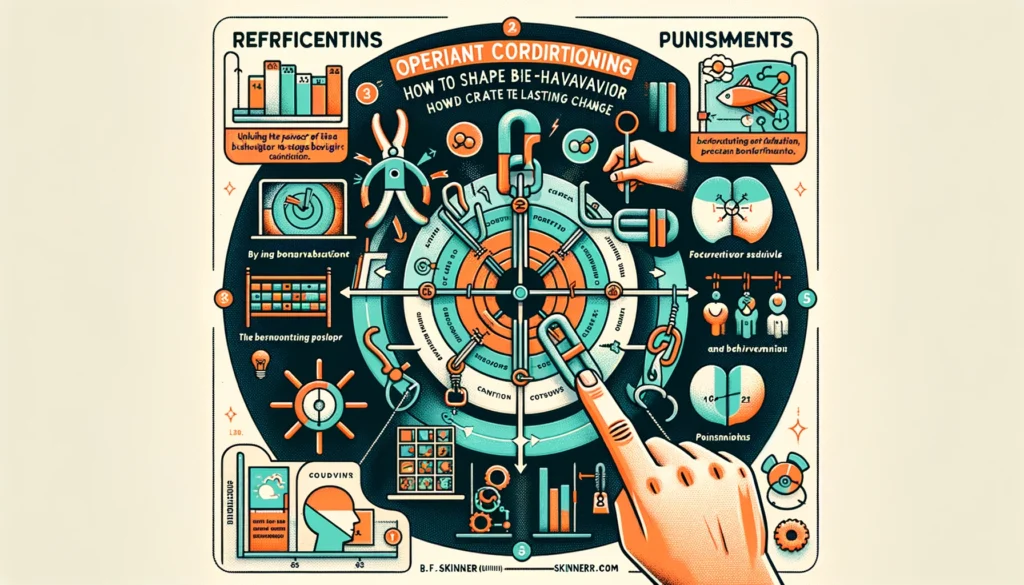
Everyone wants to save money. But let’s be honest—actually doing it can be tough. We all face temptations: online sales, fast food, impulse buys. These things drain your wallet before you even realize it. So, what separates the people who save successfully from those who struggle?
It all comes down to one thing: self-discipline.
In this post, we’ll break down why self-discipline is the key to becoming a good saver, how you can build it, and how small changes can lead to big financial wins.
Key Takeaways
- Self-discipline helps you avoid impulse spending and stick to financial goals.
- Saving money is less about income and more about habits.
- You can build discipline with small daily steps and smart planning.
- Being a good saver gives you freedom, confidence, and peace of mind.
- Anyone can develop self-discipline—it’s a learnable skill.
What Is Self-Discipline?
Self-discipline means choosing what you need over what you want. It’s the ability to control your thoughts, actions, and emotions—even when it’s hard.
When it comes to money, self-discipline looks like:
- Saying no to things you can’t afford
- Waiting before buying something
- Sticking to a budget
- Saving a part of your income regularly
In short, it’s making smart decisions today to enjoy a better future tomorrow.
Why Is Self-Discipline the Key to Becoming a Good Saver?
Let’s dive into the heart of the question. Saving money isn’t just about how much you earn—it’s more about what you do with what you have. And that’s where self-discipline comes in.
1. It Helps You Resist Impulse Spending
Impulse spending is one of the biggest savings killers. You walk into a store for toothpaste and walk out with a Bluetooth speaker.
Self-discipline makes you pause and ask:
“Do I really need this, or do I just want it right now?”
According to a study by CNBC, 73% of people have made impulse purchases—and nearly half regret them. With self-control, you avoid those regrets and save that money instead.
2. It Keeps You Committed to Long-Term Goals
Self-discipline helps you think beyond the moment. Want to buy a car, travel, or build an emergency fund? That requires consistent saving over time.
When you’re disciplined:
- You stick to your savings goals
- You stay focused, even if progress feels slow
- You make short-term sacrifices for long-term gain
As financial expert Dave Ramsey says,
“Live like no one else now, so you can live like no one else later.”
3. It Builds Better Habits That Stick
Saving money isn’t a one-time thing—it’s a habit. And self-discipline turns good intentions into real action.
When you have self-discipline, you:
- Track spending daily or weekly
- Automate your savings
- Avoid credit card debt
- Plan your purchases
Table: Saving with vs. without Self-Discipline
| Behavior | Without Self-Discipline | With Self-Discipline |
| Monthly savings | Inconsistent or none | Regular and growing |
| Budgeting | Avoided or ignored | Followed closely |
| Impulse buying | Frequent | Rare |
| Emergency fund | Empty or low | Funded and stable |
| Long-term goals | Constantly delayed | Achieved step-by-step |
4. It Reduces Stress and Builds Confidence
Money stress is real. When you don’t have savings, even small emergencies—like a flat tire or medical bill—can feel overwhelming.
Self-discipline gives you the power to:
- Prepare for unexpected costs
- Stay in control of your finances
- Feel more secure and independent
Each time you say no to an unnecessary expense, you’re saying yes to peace of mind.
5. It Sets You Apart from the Crowd
Let’s be honest: most people struggle with saving. That’s why the average American has less than $5,000 in savings, according to Bankrate.
But if you build self-discipline, you become different. You’re the one who has money for emergencies, opportunities, and even fun—without going into debt.
Good savers don’t always make more money. They just use what they have better.
How to Build Self-Discipline for Saving
Self-discipline isn’t something you’re born with—it’s a skill. And like any skill, you can build it with the right steps.
Try These Tips:
- Start small. Save just $1 a day or $10 a week.
- Set clear goals. Name what you’re saving for and write it down.
- Use automation. Schedule transfers to your savings account every payday.
- Create a budget. Know where your money goes each month.
- Avoid triggers. Unsubscribe from shopping emails and delete retail apps.
- Reward progress. Celebrate milestones (without breaking the bank!).
Real-Life Example: How Self-Discipline Changed Sarah’s Finances
Sarah, a 25-year-old teacher, used to live paycheck to paycheck. She always wanted to save but never managed to. Then she set a goal: save $5,000 in a year.
She started with $20 a week. Cut back on coffee runs. Packed lunches. Tracked expenses in an app. Was it hard? Yes. But by the end of the year, she had saved $5,300—just by sticking to her plan.
That’s the power of self-discipline. It turns dreams into digits in your bank account.
Read more: What Are Some Key Components of Successful Budgeting?
FAQs
1. Can you save money without self-discipline?
It’s possible, but it’s hard. Without self-control, you’ll likely spend more, save less, and struggle to stick to your goals.
2. How long does it take to build saving habits?
Most habits take 21–66 days to form. Start small and stay consistent for best results.
3. What if I’m bad at self-control?
Start with simple wins. Use automation, set reminders, and remove spending temptations. Like muscles, discipline gets stronger with use.
4. Is budgeting the same as being disciplined?
Budgeting is a tool. Discipline is the mindset that helps you stick to it.
5. Can self-discipline help with debt too?
Absolutely. Discipline helps you make payments on time, avoid new debt, and stick to your repayment plan.
Final Thoughts
So, why is self-discipline the key to becoming a good saver? Because without it, good intentions fall apart. With it, you take control of your future.
Saving money doesn’t require magic or a six-figure income. It requires the ability to say “no” today so you can say “yes” tomorrow. Whether you’re saving for something big or just want peace of mind, self-discipline is the key that unlocks the door.
Start now. Start small. Stay steady.
Your future self will thank you.
Mariam holds an MS in Sociology with a specialization in Medical Sociology and Social Psychology. With a strong academic background and extensive research work in both fields, she brings depth and clarity to complex topics. Her writing explores the intersection of society, health, and the human mind, making academic ideas easy to grasp and relevant to everyday life.


